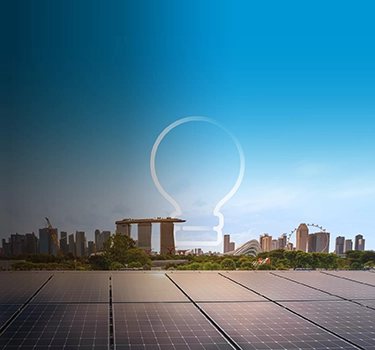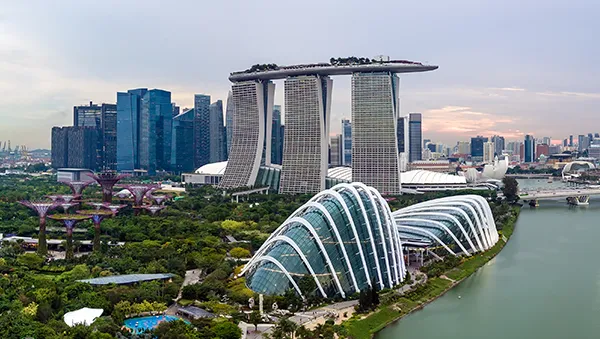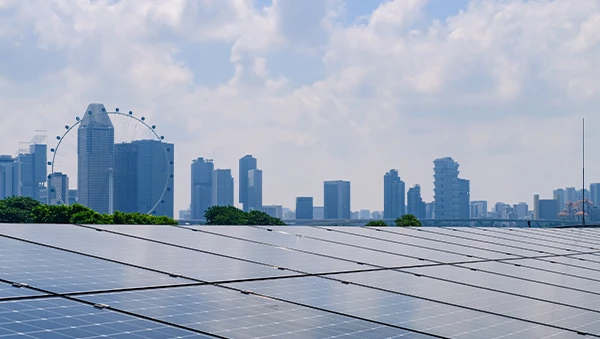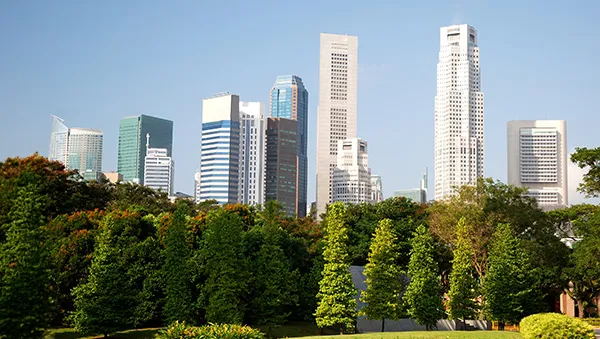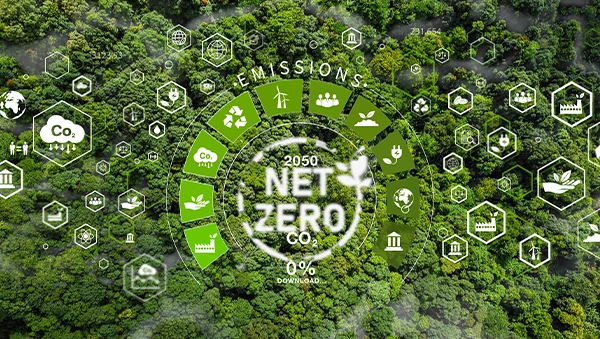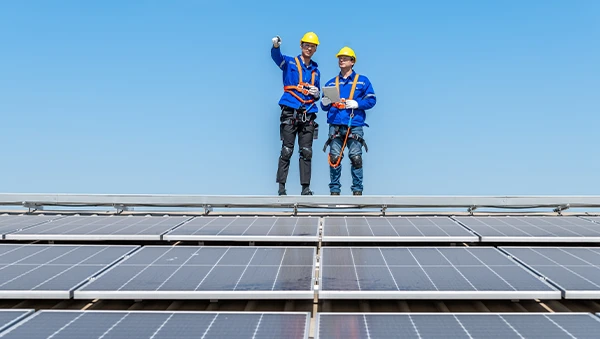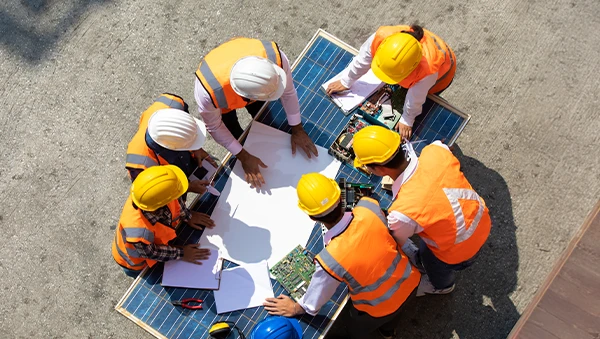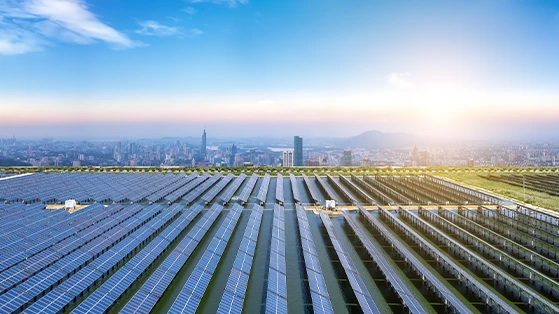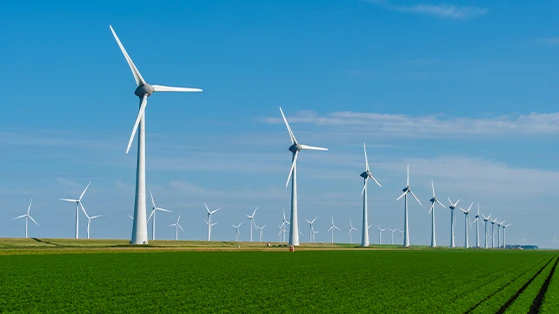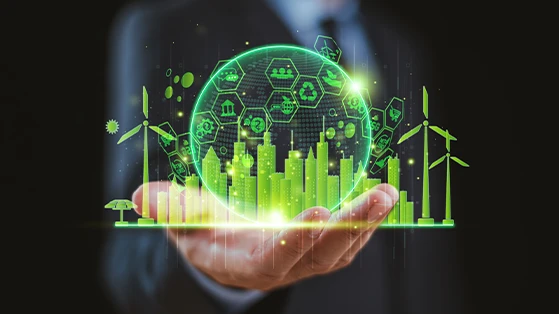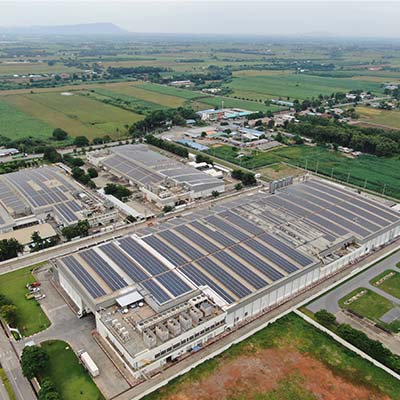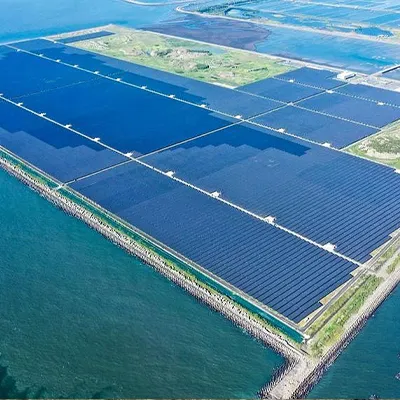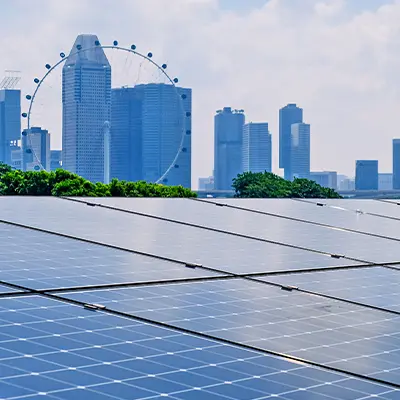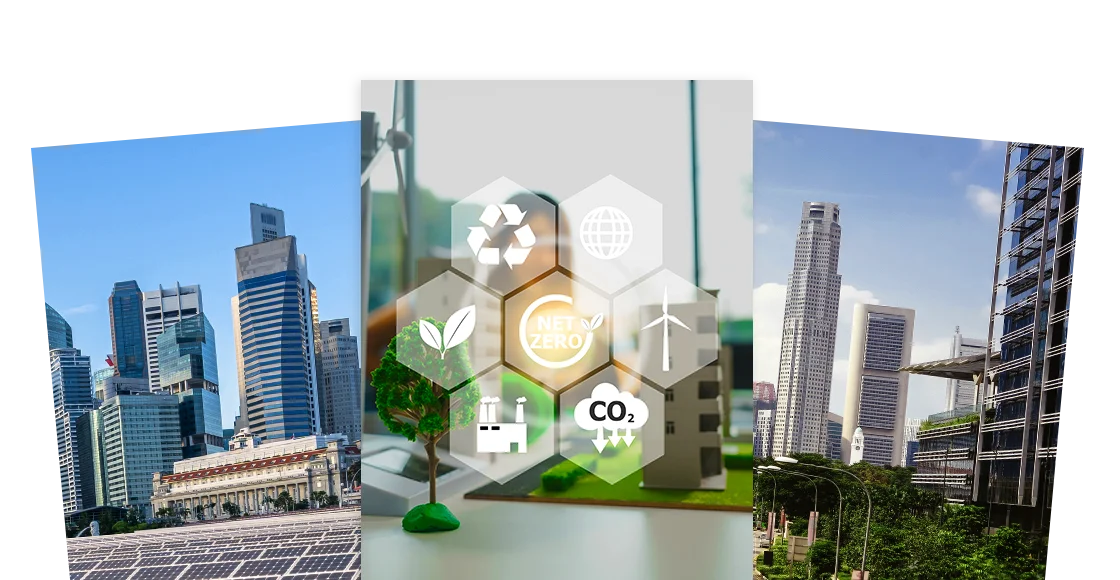Singapore as a strategic gateway
Southeast Asia's rapid expansion of wind energy development presents significant investment opportunities. McKinsey projects that scaling of wind capacity is needed to meet net-zero targets, creating opportunities for investors and developers.
Leveraging our strategic location for direct access to these emerging markets, Singapore has facilitated key partnerships through MOUs with countries like Vietnam and Indonesia.
One example is Sembcorp's collaboration with PetroVietnam on offshore wind projects.
Green energy import hub
With a target to import six GW of low-carbon electricity by 2035 – a 50 per cent increase from the four GW target – Singapore offers potential offtakes for clean energy, creating a clear market for regional wind projects.
Technical and logistics support
Singapore offers a deep network of port infrastructure, engineering expertise, and regulatory support, enabling efficient project development and operation in offshore wind.


